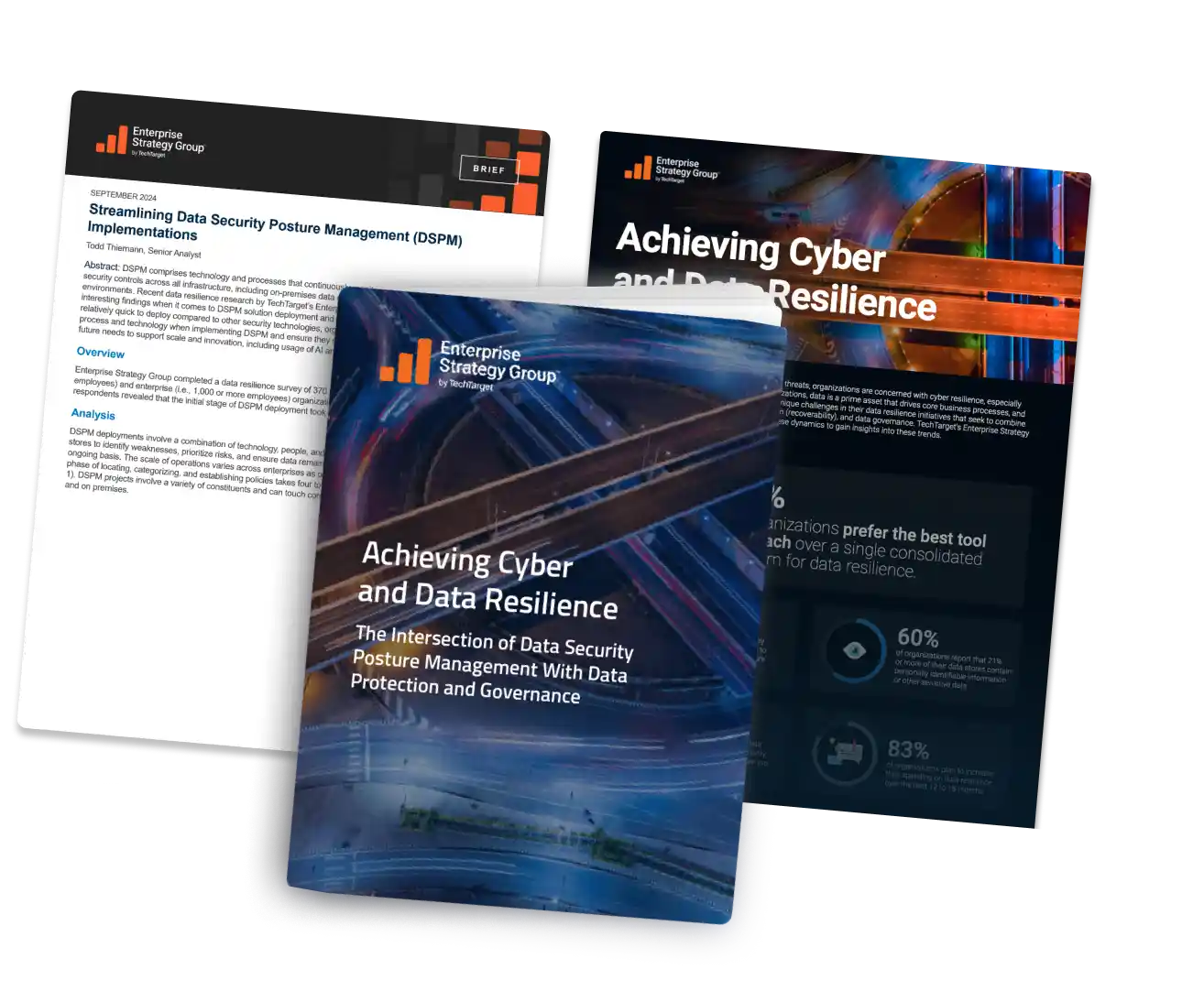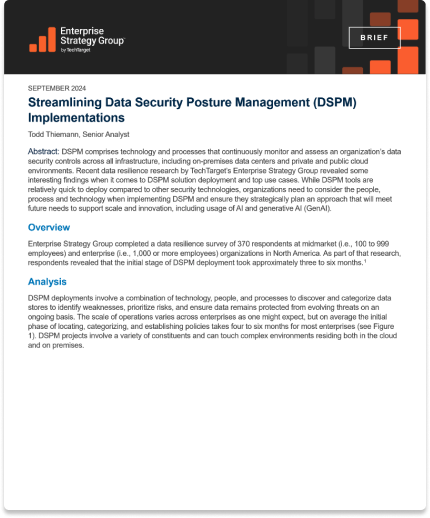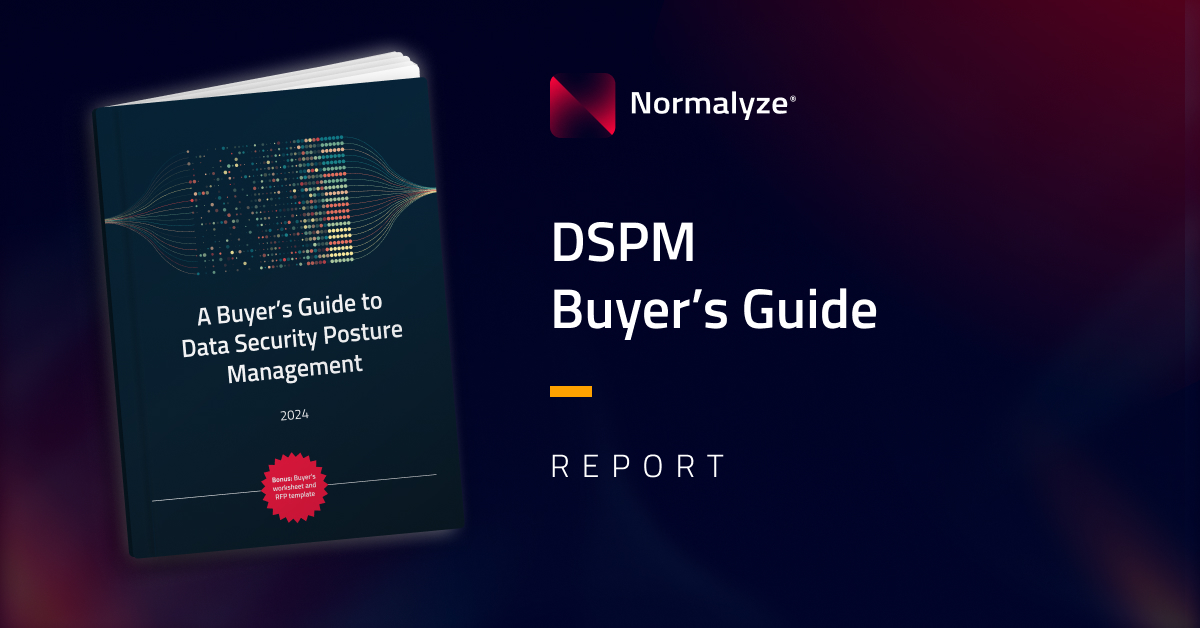Data resilience: the conversation security and data teams can’t afford to miss
Three useful ESG assets in one pack.

Quite simply, data resilience ensures your business can withstand and recover from disruptions—whether they’re caused by a cyberattack, a natural disaster, or even human error. Many regulations now impose strict deadlines for reporting the impact of a breach or data loss, requiring businesses to quickly assess and disclose the scope of the incident.
Organizations can no longer afford to slowly increase the number of individuals or systems affected over time—they need accurate, real-time visibility to provide immediate and transparent reporting.
In partnership with ESG, a leading third-party analyst, we are offering the Data Resilience Essentials Pack, three great assets that provide practical insights for building and enhancing resilience across your data landscape.
Download the pack
Resilience Essentials pack

A concise guide to building and maintaining data resilience. This eBook provides a clear overview of the essentials for data resilience, from securing critical data to preparing for breaches. It highlights DSPM’s role in providing real-time visibility into sensitive data, making it a valuable resource for those seeking a foundational understanding of data resilience.

A visual breakdown of trends, priorities, and spending patterns in data resilience.
This infographic presents quick insights into data resilience priorities, including DSPM adoption rates, security investments, and key trends from ESG’s research. Perfect for decision-makers needing an at-a-glance look at why resilience matters and where the market is heading.

A detailed guide to planning for DSPM deployments. This report presents findings on top DSPM use cases, typical deployment planning timeframes, and common steps in successful implementations. It emphasizes the importance of aligning people, processes, and technology and explores how strategic planning supports scalability, innovation, and GenAI readiness.
Download the pack now and take the lead on conversations about data resilience
